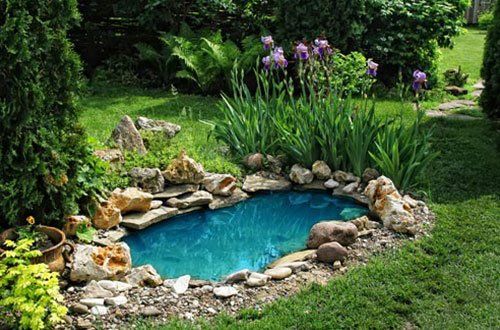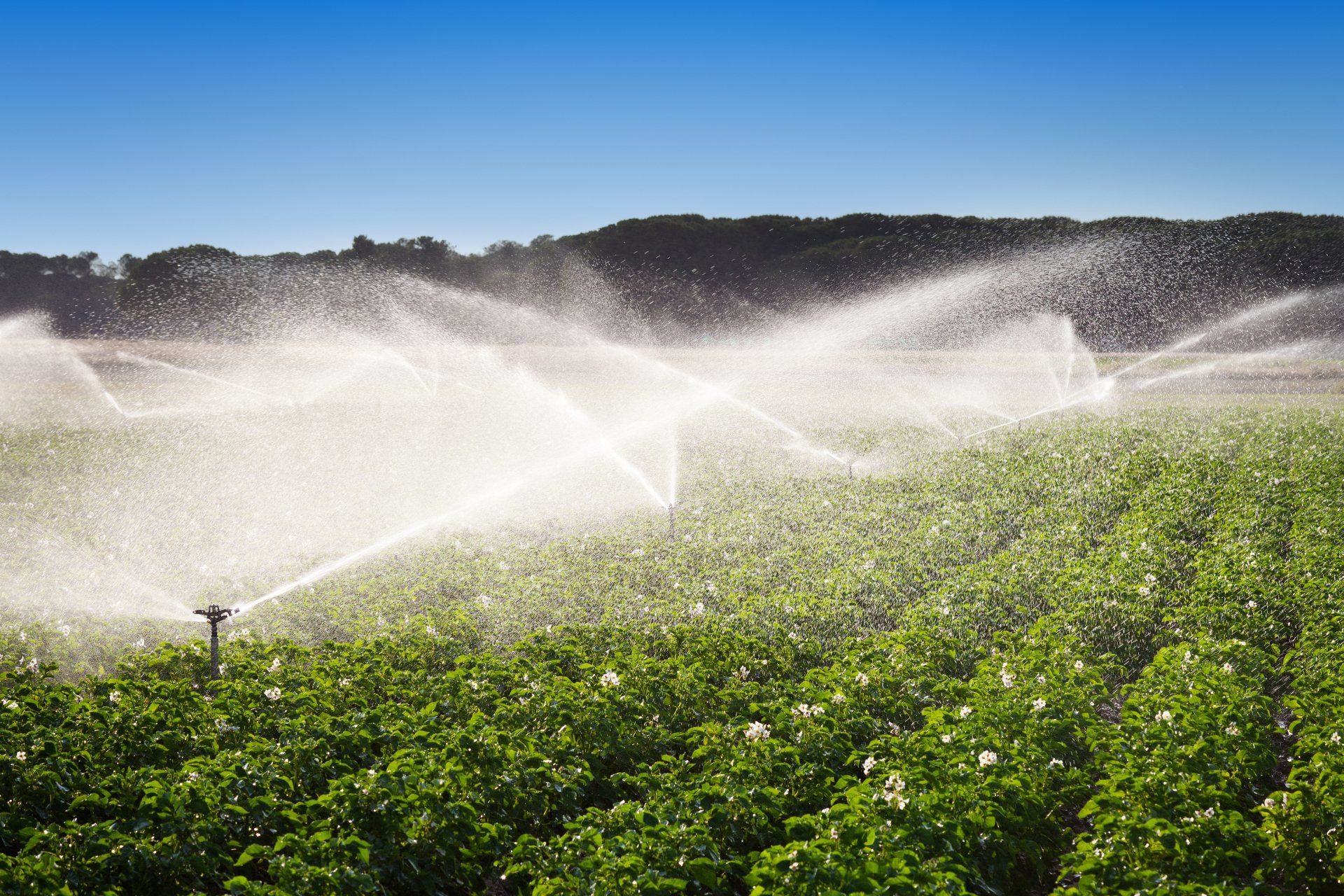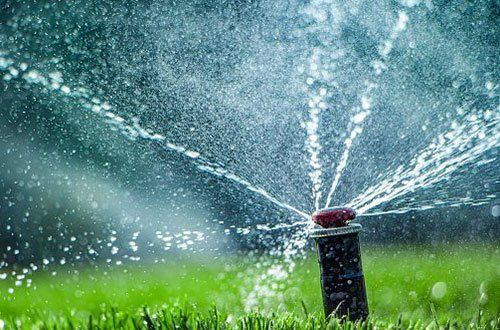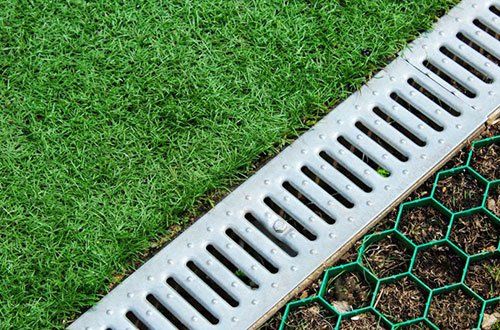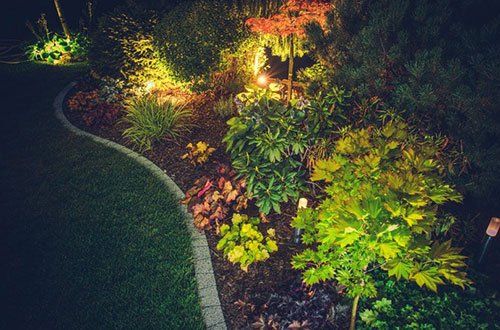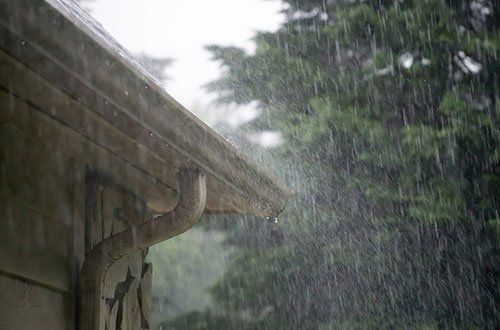Most farmers and homeowners rely on wells to supply the water they need for irrigating a crop field or lawn. But many areas with little ground water and high layers of rock make wells a costly or ineffective choice for an irrigation water supply.
If you have a pond or lake on your property or near the area in need of irrigation, you're in luck. With these five facts in mind, you can put together a plan to efficiently water your lawn or fields with your free supply of pond water.
1. Permit Requirements
First, check that you have the right to use a body of water before hiring an irrigation expert to design a system. Even if the pond in question is completely located on your property, your county or state may still require you to apply for a water use permit before removing a drop for irrigation purposes.
Even if you want to dig a new pond just for irrigation water, you may still need a permit or planning permission due to zoning regulations. Discuss your plans with local code enforcement offices and natural resource management teams to find out what's required for using a new or existing pond.
2. Algae Growth
Many irrigation systems consist of primarily PVC piping since this material is affordable, durable, and easy to install. Manufacturers produce multiple colors of pipe, but basic white PVC finds the most use in irrigation.
Unfortunately, white pipes also experience more algae growth than other colors of PVC and irrigation hoses. Algae clogs up the irrigation system regularly if allowed to grow, so you need to choose the right pipe in order to avoid extra work in the future.
3. Pond Supply
Many natural ponds only refill after rainfall, making these water sources unsuitable for a steady irrigation supply. Drilling a well or digging a pond where a creek already flows can keep the pond topped off no matter how much you irrigate on a daily or weekly basis. However, wells do add an additional cost to the digging of the pond and the installation of irrigation equipment.
If you can't rely on a well for all of your irrigation needs, combining one with a pond may solve your flow and supply issues. Adding a water supply to the pond allows you to use it similarly to a water tank at a much lower cost for storing thousands of gallons at a time.
4. Water Quality
Don't assume that a natural or manmade pond offers water of a high enough quality to use for irrigating crops. The wrong amounts of dissolved minerals or the presence of common contaminants, such as herbicide or petroleum residue, could cause serious damage to your crops or lawn.
Test the pond water for pH, mineral content, and common contaminants before applying it to any important plants. Water tests are affordable and take only a few days for results, which should hardly slow down your pond irrigation plans at all.
5. Aeration Options
Finally, consider installing an aerator in the pond along with the pumps and piping required for irrigation. Aerated water contains lower level of contaminants and bacteria that could spread to edible crops. Since a pond is open to the air, unlike a covered well, contaminants can reach the water supply at practically any time. Aeration stabilizes the pond's microbiome to keep the water safe naturally.
Need more information about irrigating with a pond to decide if it is the right choice for you? Contact us here at Smith Irrigation and let us answer any other questions you still have about this kind of irrigation system.
